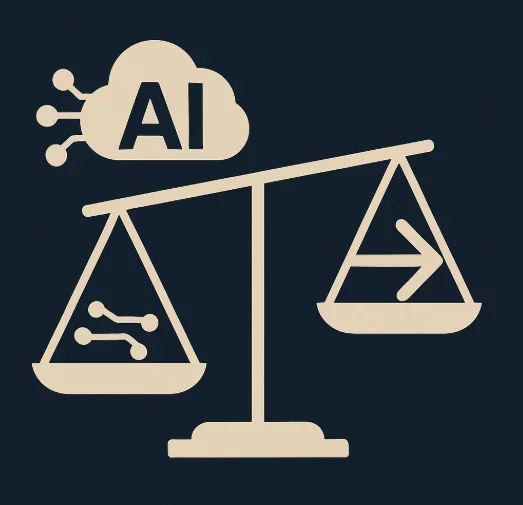Grok's political orientation
A recent study shows that the Grok AI model leans more to the right than most other models, but still shows some slight leftist tendencies. These findings suggest that the political orientations of models are not entirely neutral, and that there is a clear influence of design and development factors on their political outputs.
The impact of code modifications
Modifications to Grok's code show a significant impact on his political orientation, raising questions about the neutrality of the models and the objectivity of the information they provide. These modifications emphasize that software manipulation can significantly alter the output of AI, placing great responsibility on the developers of these models.
Elon Musk's Intervention and the Swerve to the Right
Elon Musk's involvement in Grok's development has led to remarks about its rightward drift, which contradicts his previous statements about the model's political neutrality. This skew highlights the influence of individuals and vested interests in guiding the design of models, which may weaken the credibility of the information provided and increase concerns about bias.
Risks and criticisms
Political adjustments have led to offensive content in some cases, including anti-Semitic statements, sparking widespread controversy over the use of Grok. These deviations affect the credibility of the model and the reliability of the information it provides, making it necessary to study methods of oversight and transparency in the development of these models.
Future directions
To ensure balanced and reliable information, companies developing AI models need to promote transparency and accountability in the development process. It is also important to balance the political orientation of the models so that they provide diverse and unbiased content, which enhances users' trust and ensures the safe and effective use of these technologies.
